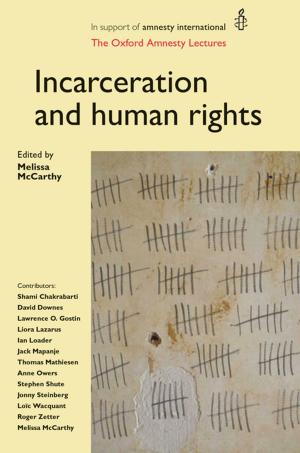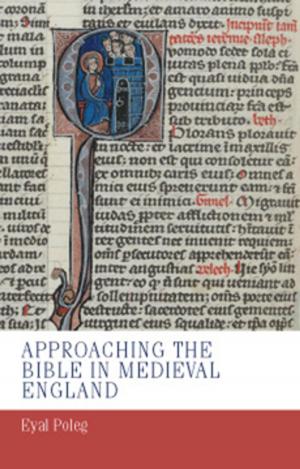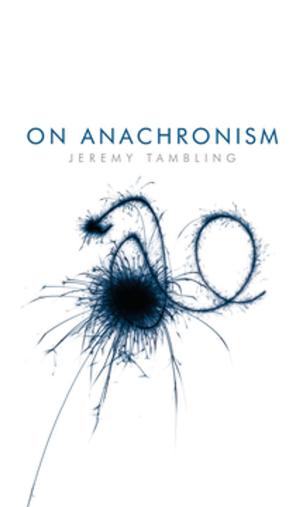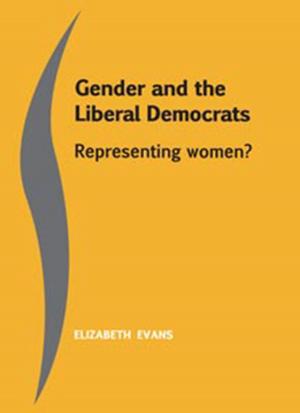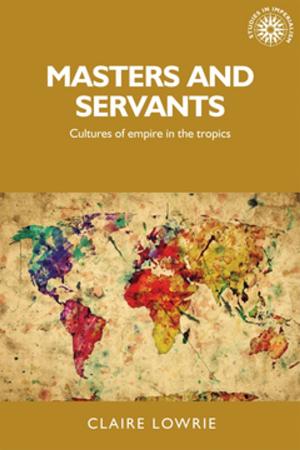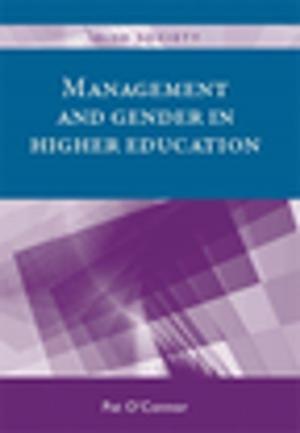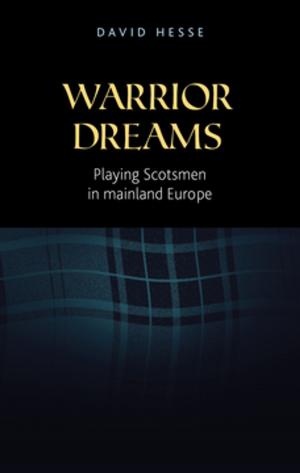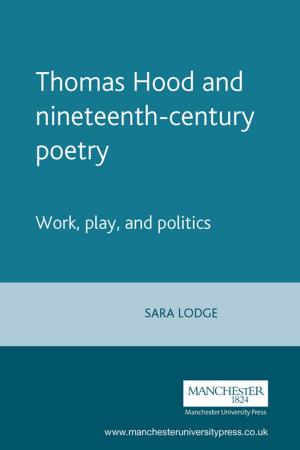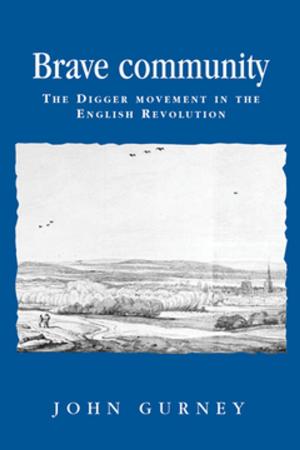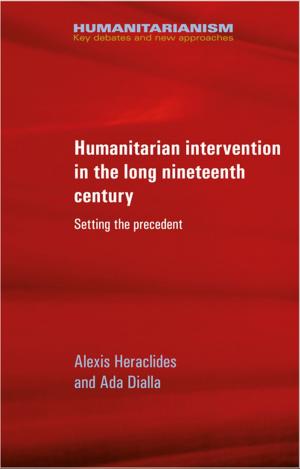New mobilities in Europe
Polish migration to Ireland post-2004
Fiction & Literature, Literary Theory & Criticism, British, Nonfiction, Social & Cultural Studies, Political Science| Author: | Torben Krings, Elaine Moriarty, James Wickham, Alicja Bobek, Justyna Salamonska | ISBN: | 9781526111562 |
| Publisher: | Manchester University Press | Publication: | May 16, 2016 |
| Imprint: | Manchester University Press | Language: | English |
| Author: | Torben Krings, Elaine Moriarty, James Wickham, Alicja Bobek, Justyna Salamonska |
| ISBN: | 9781526111562 |
| Publisher: | Manchester University Press |
| Publication: | May 16, 2016 |
| Imprint: | Manchester University Press |
| Language: | English |
This book examines Polish migration to Ireland in the context of ‘new mobilities in Europe’. It includes detailed accounts of the working lives of a group of mainly skilled Polish migrants in Dublin. They were interviewed at regular intervals as part of a Qualitative Panel Study. Through this novel methodology, their careers and aspirations were traced as Ireland moved from ‘boom to bust’. What the research documents is a new experience of mobility which, it is suggested, is indicative of a broader trend in Europe. As ‘free movers’, Polish migrants were more mobile across countries and within national labour markets. Ireland’s ‘goldrush’ labour market created a seemingly endless demand for new labour. To understand how Irish firms utilised the new migrant workforce, the book also draws on interviews with employers. It thus locates the actions of both sides of the employment relationship in the particular socio-economic context in Ireland post-2004.
This book examines Polish migration to Ireland in the context of ‘new mobilities in Europe’. It includes detailed accounts of the working lives of a group of mainly skilled Polish migrants in Dublin. They were interviewed at regular intervals as part of a Qualitative Panel Study. Through this novel methodology, their careers and aspirations were traced as Ireland moved from ‘boom to bust’. What the research documents is a new experience of mobility which, it is suggested, is indicative of a broader trend in Europe. As ‘free movers’, Polish migrants were more mobile across countries and within national labour markets. Ireland’s ‘goldrush’ labour market created a seemingly endless demand for new labour. To understand how Irish firms utilised the new migrant workforce, the book also draws on interviews with employers. It thus locates the actions of both sides of the employment relationship in the particular socio-economic context in Ireland post-2004.



